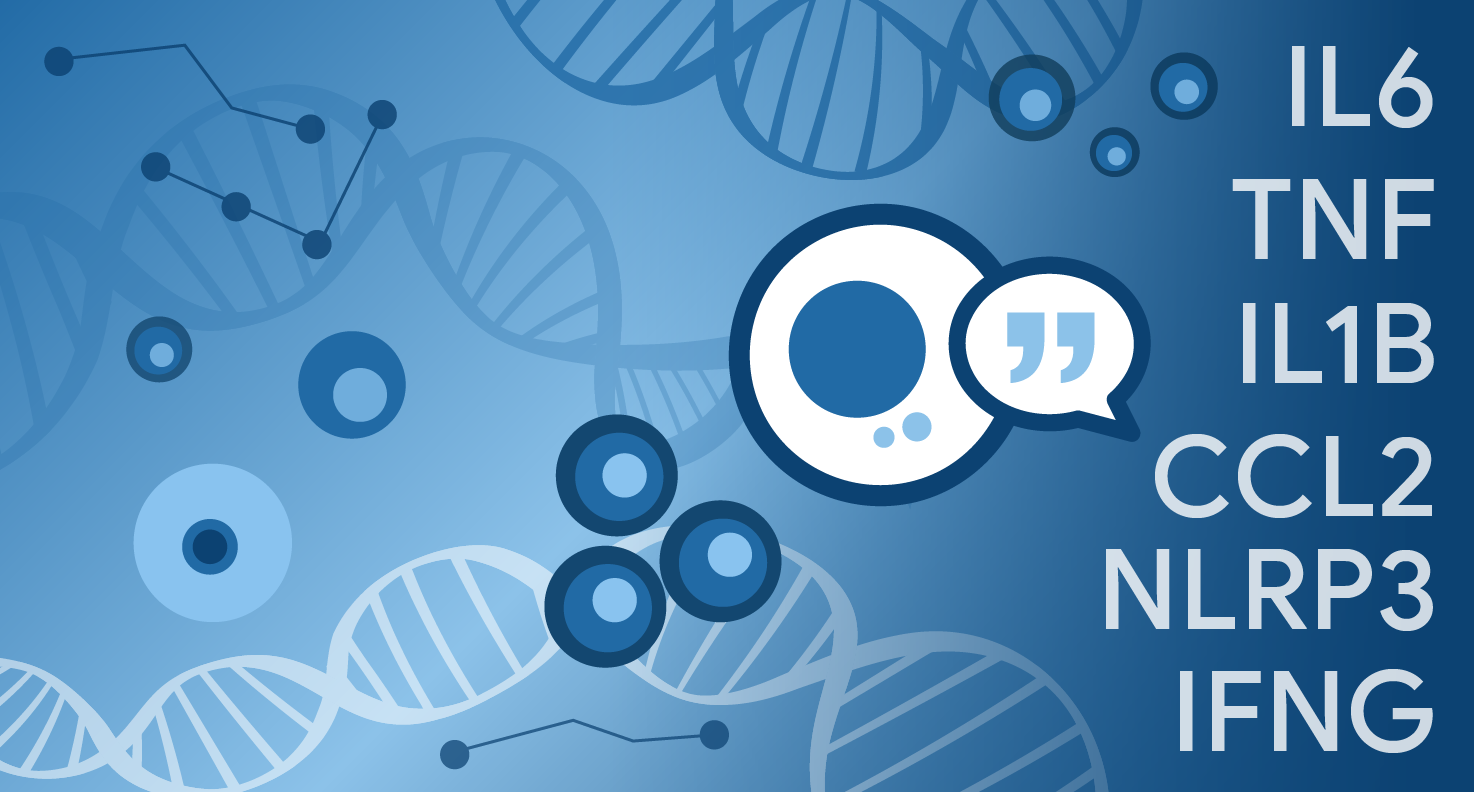Yale Researchers Collaborate with Google Research and DeepMind to Advance AI-Driven Cellular Biology

Researchers at Yale University’s Wu Tsai Institute have partnered with Google Research and DeepMind on an ambitious project applying large language models to the analysis of single-cell data. The collaboration is featured on the Google Research Blog, marking the first Yale-led project to appear on the platform. The focus highlights how projects of this kind—bringing together academic excellence and industry expertise—play a vital role in advancing innovation and accelerating translational research.
Read: Teaching machines the language of biology: Scaling large language models for next-generation single-cell analysis by David van Dijk, Assistant Professor, Yale University, and Bryan Perozzi, Research Scientist, Google Research
The work, led by David van Dijk, Ph.D., Assistant Professor of Medicine and of Computer Science at Yale School of Medicine, aims to teach machines the “language” of biology. By scaling AI models to better understand the complexity of single cells, the team is setting the stage for the development of "virtual cells"—a potential breakthrough in computational biology.
“Working with Google Research and DeepMind has been truly exhilarating,” said van Dijk. “I’ve come to realize that collaborations like this—uniting Yale’s world-class School of Medicine and Department of Computer Science with industry leaders—are absolutely instrumental for projects of this scale. Their engineering expertise and massive compute resources make possible what simply wouldn’t be achievable otherwise, and it’s inspiring to partner with pioneers in AI research.”
Van Dijk is a member of the Wu Tsai Institute at Yale, which connects researchers across biological, psychological, and computational sciences to spur bold ideas and harness the latest technologies to accelerate breakthroughs in understanding cognition.
The research leverages cutting-edge machine learning to bridge the gap between vast biological datasets and interpretable models, with the potential to dramatically accelerate scientific discovery. This is one of several projects and opportunities for collaboration that are part of the growing academia-industry collaborations with researchers at Yale’s Wu Tsai Institute.
“Our joint work is laying the groundwork for so-called ‘virtual cells,’ the next revolution in AI-driven biomedicine,” added van Dijk. “While we’re still at the early stages, this synergistic partnership could be akin to an AlphaFold moment for cellular biology—opening up entirely new frontiers in how we model and understand life at the cellular level.”
By combining Yale’s deep scientific and computational expertise with the technological innovation and scale of industry leaders, researchers are unlocking new possibilities at the frontiers of biomedical science—and paving the way for transformative discoveries that could shape the future of medicine. These advances are only made possible by uniting the resources of academia and industry, and Yale’s Wu Tsai Institute is emerging as a leader in cross-sector scientific research collaboration.
